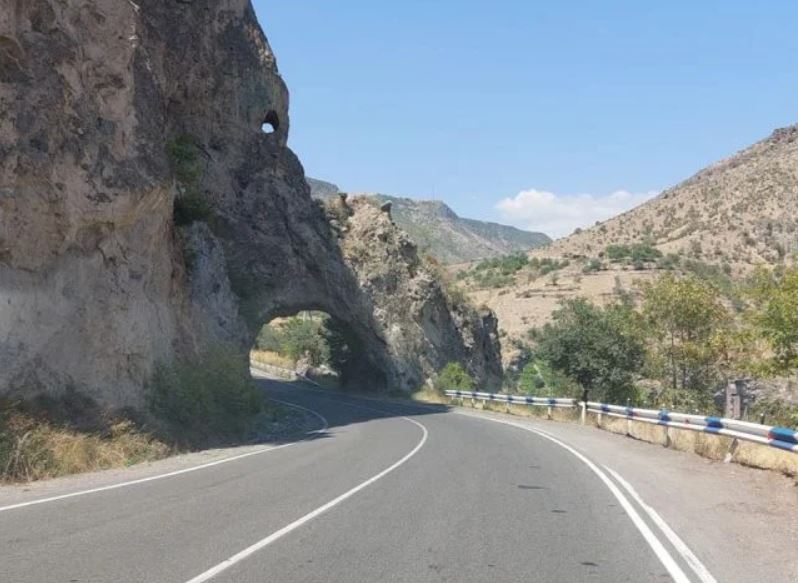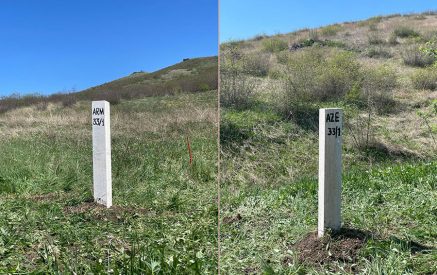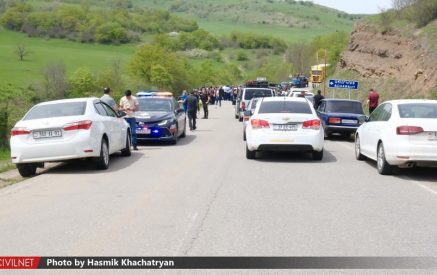Almost all political forces have commented on the incidents that took place on the Armenian-Azerbaijani border. A part of those comments were too optimistic – we will destroy, smash to pieces, reach Baku etc. They are empty phrases as pre-election slogans – we will win, we will move mountains, we will believe, we will change etc. I don’t know whether such an approach is encouraging for our citizens. I personally am inclined to consider any event critically – to go into all positive and negative sides. In particular, a question arises in this case why would the enemy be able to approach our positions and carry out acts of sabotage? Yes, the enemy should be punished for those acts, which is done. However, it seems to me that one should also punish the commanders that relaxed their vigilance on the frontline, which has caused people’s deaths.
However, the response of some oppositionists is as incomprehensible for me – we told you that this was a criminal-oligarchic regime etc. Firstly if we compare the regimes, Azerbaijan is much more criminal-oligarchic, corrupted and antidemocratic. By the way, it is the very reason why I am convinced that half of the huge sums of money that are spent on armament in that country are stolen by the functionaries and generals. Secondly the incidents on the border are not the area, where the opposition should try to assert itself and gain advantages over the government. During the war of 1992-94, the National Democratic Union (NDU) and the Armenian Revolutionary Federation (ARF), in particular, waged political struggle in that manner. Those who condemned that at the time should not do the same thing today. The people that suffered unexplainable misfortunes was able, nonetheless, to find the strength not to hear the row of local figures and solved the problem facing the nation at the time. I have no doubts that it will be so now too. Certainly, those who are to flee fled during active military operations, also afterwards and now.
Generally, one of our most important drawbacks is that we don’t differentiate the state and the army, on the one hand, and the government, on the other. The latter, you will agree, is not a good fellow and has never been so. The former, I think, is the basis of our identity at this stage in history much more than the Battle of Avarayr, the Genocide and even the adoption of Christianity. Yes, a bad and unqualified government strikes a blow at the state and the army in the same way, as bad citizens do. However, the above-mentioned differentiation should be there as far as the issue of choosing targets of criticism is concerned.
ARAM ABRAHAMYAN























































